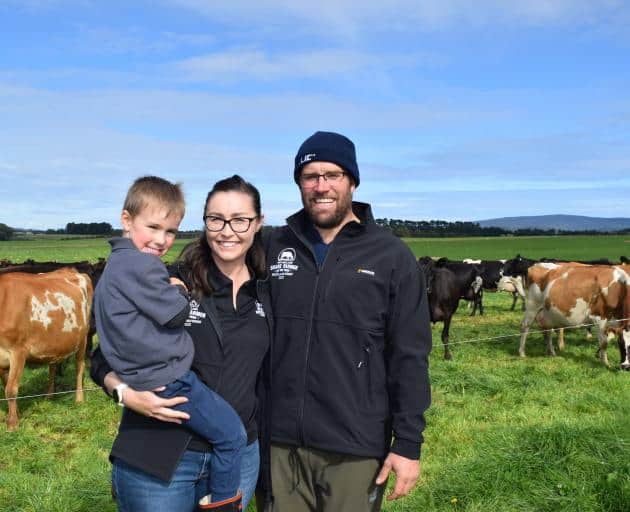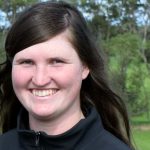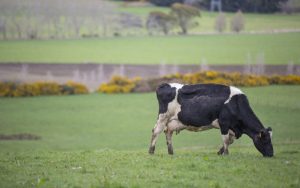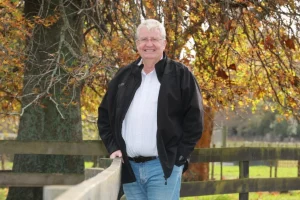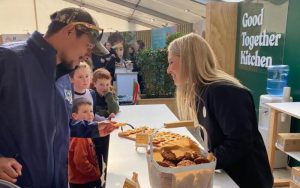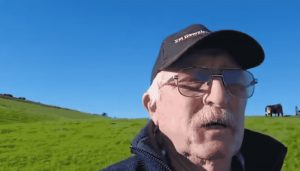
Western Southland sharemilkers Michael and Shahn Smith are reaching for the stars.
About 80 people attended the Southland/Otago Dairy Industry Awards winners field day in Gropers Bush last week.
At the event the couple talked about their sharemilking business Milky Whey Enterprises and winning the share farmer of the year regional title.
The couple were working overseas, he as an environmental adviser and she as a radiographer, when they decided to return home to New Zealand to enter the dairy industry in 2016.
The reason for his career change was to be able to grow a business and enjoy a lifestyle where they could have a family and spend more time together, he said.
“We didn’t want to be nine to fivers — we did not want to [be] stuck in a role where our hard work was not going to pay us back in the long run.”
“Now we work 4am to 10pm — the hours aren’t great but we have a bit more flexibility,” Mrs Smith said.
Mrs Smith works as a radiographer at Southland Hospital.
They had progressed in the industry and were now 50/50 sharemilkers for his parents, Peter and Margaret Smith, on their 187ha family farm Smithill Ltd, milking more than 600 cows.
They had bred a herd of smaller crossbred cows because they wanted to minimise any damage to the soil on steeper paddocks of the farm.
Milky Whey Enterprises was formed in May 2017.
The couple leased a neighbouring farm in 2021 and added 150 cows to the business.
The mission statement of Milky Whey Enterprises was to maximise profitability and return for business owners and minimise our impact on the environment, while maintaining a high level of animal care.
Now they were seeking another lease farm or another 50/50 sharemilking job to grow their business to get a return on investment, Mr Smith said.
“As long as it’s profitable, we’ll give it a crack … we are not after 1% or 2%, we want 15% if we can.”
The rewarding part of the industry was seeing the progression of his staff of second-in-charge Kenneth Medina, lease farm manager Bethanne Smith and farm assistant Erica Harvey.
“We couldn’t do what we do without our team,” Mrs Smith said.
Mr Smith said it was important to allow staff to learn from making mistakes, which could be hard for an employer because it was “their neck on the chopping block”.
“It’s something I’ve got to improve on.”
The technology used for staff management included Agrismart for rostering and time efficiencies and Paysauce for timesheeting, compliance and online contracts.
At the regional awards, the couple won three merit awards for people and culture, environment sustainability and business performance.
Targets on the farm include a six-week in-calf rate of 75%, more than 90% of the milk for supply being in the excellent category and a 500kg of milksolids per cow average.
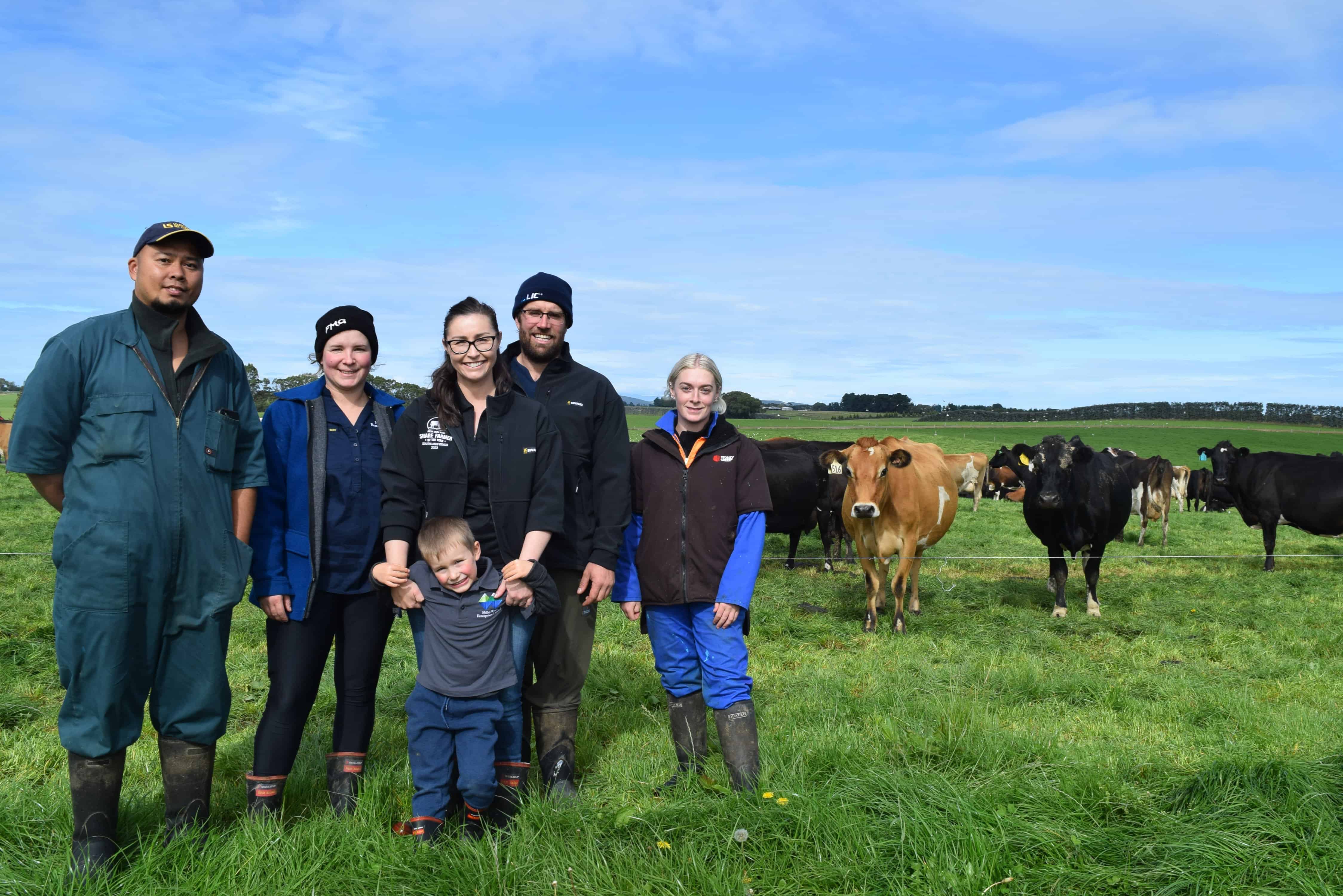
They entered the awards because they thought they could do better, he said.
“We could sharpen our books, our procedures and planning.”
He once thought the way ahead in the dairy industry was “cranking milk production and not targeting profitability”.
For their family farm, it was better to maximise the inputs and target profitability, he said.
“You are decreasing your margins with the more feed you put in — the margin of milk. We are not doing it perfect and we are still learning.”
The advice he would have for young dairy farmers was to spend a heap more time going over their finances.
“That will be your key to success.”
The national winners would be announced at a gala dinner in Auckland on Saturday, May 13.
Facts
Milky Whey Enterprises and Smithill Ltd farm
Location: Gropers Bush, nearly 20km north of Riverton
Farm size: 205ha
Milking platform: 187ha
Topography: Rolling to steep
Stocking rate: 3.3 cows per ha
Peak cows milked: 615 cows
Dry off date: May 31
